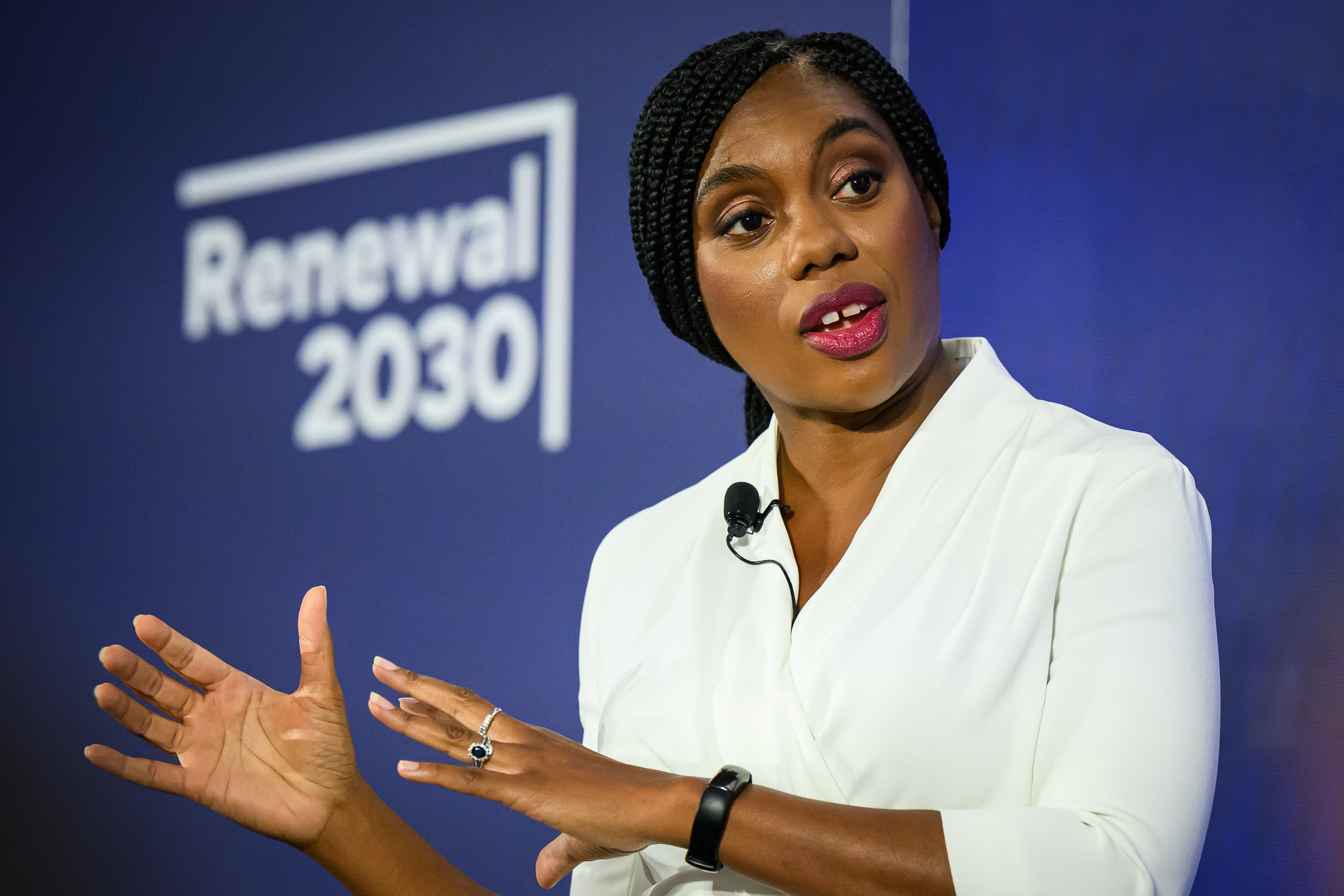The Tories are adrift in the political wilderness – can they ever recover?
Ahead of this week’s party conference, the race to become the next leader of the Conservatives is heating up, writes Andrew Grice – but given the state of the party’s popularity, how much does it actually matter?


When the Conservatives begin their annual conference tomorrow (Sunday), it might be tempting for them to savour the woes engulfing Keir Starmer’s government so early in its life. Labour’s freebies will certainly provide plenty of ammunition – and jokes at Starmer’s expense.
True, it’s good news for the Tories if voters think the parties are “all the same” – one likely result of the recent controversy. It will be harder for Labour to play the sleaze card against the Tories at the next election.
All politicians struggle to resist schadenfreude. Yet the biggest mistake the Tories could make would be to assume Labour is doomed to be a one-term government. I recall such Tory complacency in 1997 after Labour’s previous landslide; the Tories lost the following two elections.
Labour will learn how to use the power of government to dominate the political agenda – it hasn’t, yet – and the Tories will then suffer the painful impotence of opposition.
Even if voters tire of Labour, they are not going to rush into the Tories’ arms and tell them all is forgiven. Many might prefer Reform UK or the Lib Dems. The Tories need to win back voters’ trust and respect, and persuade them that they are competent.
Yet the party seems in denial about its catastrophic defeat and its endless shift to the right, as symbolised when Sayeeda Warsi, its former chair and Britain’s first Muslim member of the cabinet, resigned the Tory whip on Thursday. If people like her do not feel welcome in the Tories, they have a problem. (Tory sources suggest she jumped before an investigation into her remarks about the so-called “coconut” court case was about to begin.)
The Tory leadership contest has been dominated by someone who isn’t even a member of the party – Nigel Farage, of course, who will be the ghost at the Birmingham feast. “Uniting the right” looks a quick fix to many Tories.
They no longer want Farage to rejoin after his ill-judged, inaccurate remarks following the Southport stabbings, but they want Tory voters who defected to Reform back.
However, veering right is a mistake. Only 36 per cent of Reform voters would have considered voting Tory in July. Even if they all returned, the numbers don’t add up to a Tory victory. Only five of the 244 seats the Tories lost were won by Farage’s party.
The election wasn’t all about Reform; the Tories lost a similar number of votes to Labour and the Liberal Democrats combined. Pollsters Savanta found they would be easier to win back than Reform defectors, yet there is little debate in the leadership contest about how to woo them. A further policy lurch to the right would alienate some of the party’s 2024 Tory voters, meaning further losses to the Lib Dems or Labour.
In defiance of the polls, the four leadership candidates have all suggested the Tories are not right wing enough. Kemi Badenoch said the Sunak government "talked right but governed left”, while Robert Jenrick declared: "We have become a party of social democrats."
I must have missed all that.
James Cleverly wants to bring back the Rwanda scheme he once reportedly called “bats***”. Tom Tugendhat, the One Nation standard-bearer, is prepared to leave the European Convention on Human Rights.
The contest might culminate in a “right versus right” run-off between Jenrick, the bookies’ favourite who topped the latest ballot among Tory MPs, and Badenoch, the frontrunner among the members, after the MPs whittle down the four candidates to two on 9-10 October. Tory grassroots members should be given a wider choice: much better if one of the centrist candidates, Cleverly or Tugendhat, makes the final shortlist.
Although a “yellow card” system of warnings for personal attacks has prevented the predicted bloodbath, the contest has gone too far in the opposite direction; criticism of rival candidates has been coded. The beauty parade that will dominate the Tory conference might be similarly restrained. The four candidates won’t debate each other directly but will take Tory members’ questions on Monday and Tuesday before making a 20-minute speech on Wednesday.
Behind the scenes, there are the usual dirty tricks. Badenoch supporters fear a “stop Kemi” campaign to knock her out by the Jenrick camp lending MPs’ votes to Cleverly or Tugendhat, so Jenrick is up against a centrist in the run-off amongst the members. It is usually won by the most right-wing candidate.
The winner will face a daunting task. Some Tories privately fear the new leader might not last until the next election, let alone win it. “We are probably electing an interim leader,” one senior Tory told me. Indeed, the last three leaders to take their parties from opposition to power – Starmer, David Cameron and Tony Blair – became MPs only after their party had lost office, unlike the four Tory contenders.
But while the Tories might look irrelevant, their leadership contest and thus their conference matter. The success or failure of their new leader will have a big influence on the fortunes of Labour, Reform and the Lib Dems – and therefore the course of British politics.






Join our commenting forum
Join thought-provoking conversations, follow other Independent readers and see their replies
Comments